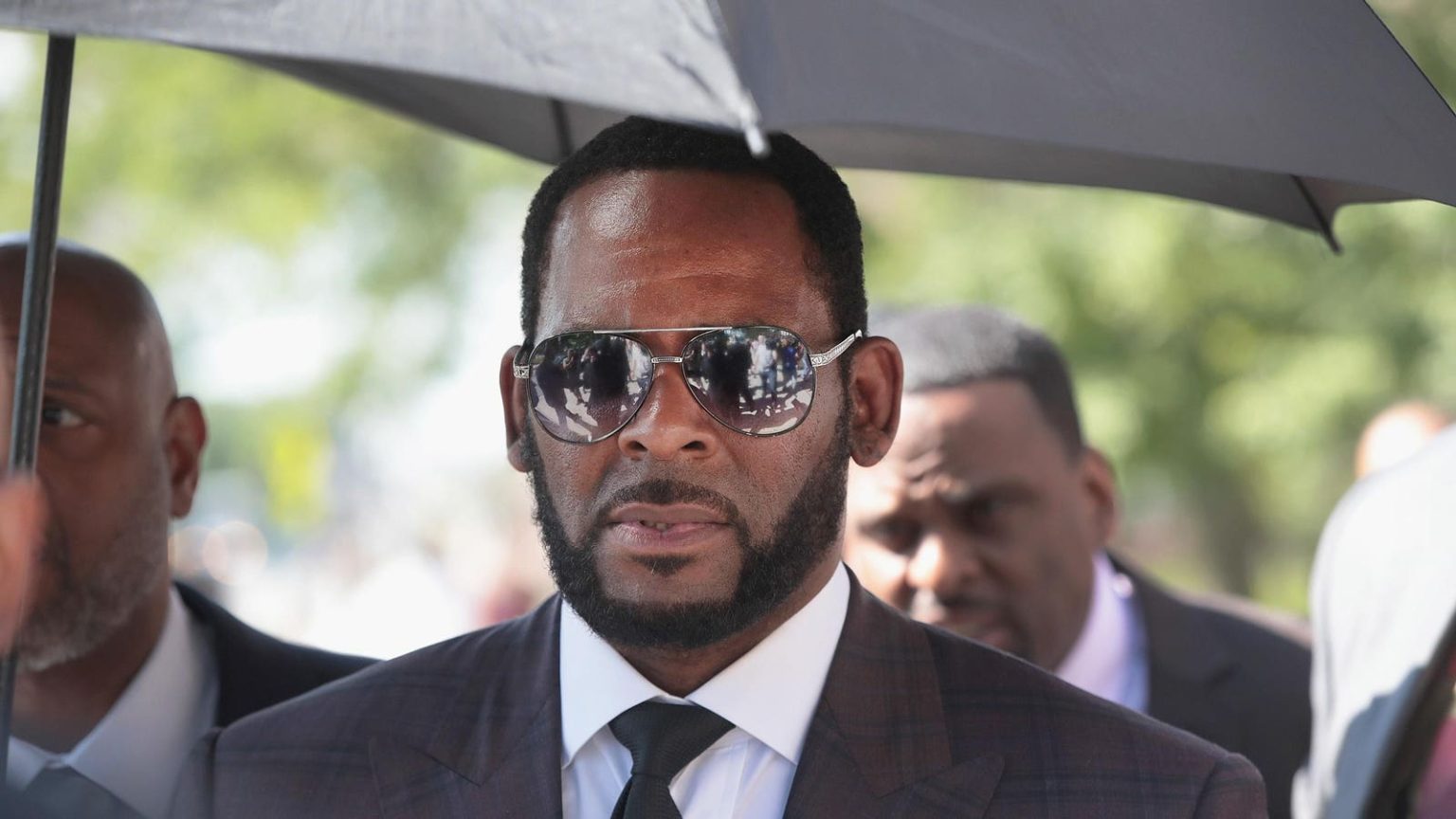R. Kelly has been the subject of legal troubles for many years, with allegations of sexual misconduct and abuse following him throughout his career. In addition to his recent 20-year sentence in Chicago for child pornography and enticement charges, he also faces a separate 30-year sentence from a New York conviction on racketeering and violating the Mann Act. Despite his legal team’s efforts to appeal the Chicago sentence on the grounds of the statute of limitations, a federal appeals court upheld the ruling, stating that the statute allows for prosecution for sex crimes against children for the rest of the victims’ lives.
Kelly’s attorney, Jennifer Bonjean, expressed disappointment in the ruling but indicated that their fight is far from over, hinting at a possible appeal to the Supreme Court. The federal appeals court panel in Chicago emphasized that Kelly’s crimes had finally caught up with him, as he had long evaded consequences for his actions. The singer’s complex scheme to keep victims quiet led to his ultimate downfall and sentencing, with the court acknowledging the impact of his crimes on the victims.
Despite his legal troubles, Kelly continues to maintain a level of support from some fans and followers. However, his history of allegations, including marrying Aaliyah when she was only 15 and facing multiple accusations of sexual abuse, has tarnished his reputation in the music industry. His trial in Chicago involved allegations by five victims who claimed they were abused by Kelly while they were minors in the 1990s, while his New York trial included testimony from 45 witnesses, with 11 claiming abuse by the singer.
The ruling in the Chicago appeals court marks another legal defeat for R. Kelly, as he faces a total of 31 years behind bars with the concurrent serving of his two sentences. While his attorney plans to continue fighting for his case, the court’s decision solidifies the consequences of his actions and the impact on his victims. As the former singer serves his time, the music industry continues to grapple with issues of abuse and misconduct, raising questions about accountability and justice for victims of such crimes. Kelly’s case serves as a reminder of the importance of holding individuals accountable for their actions, regardless of their status or fame.


